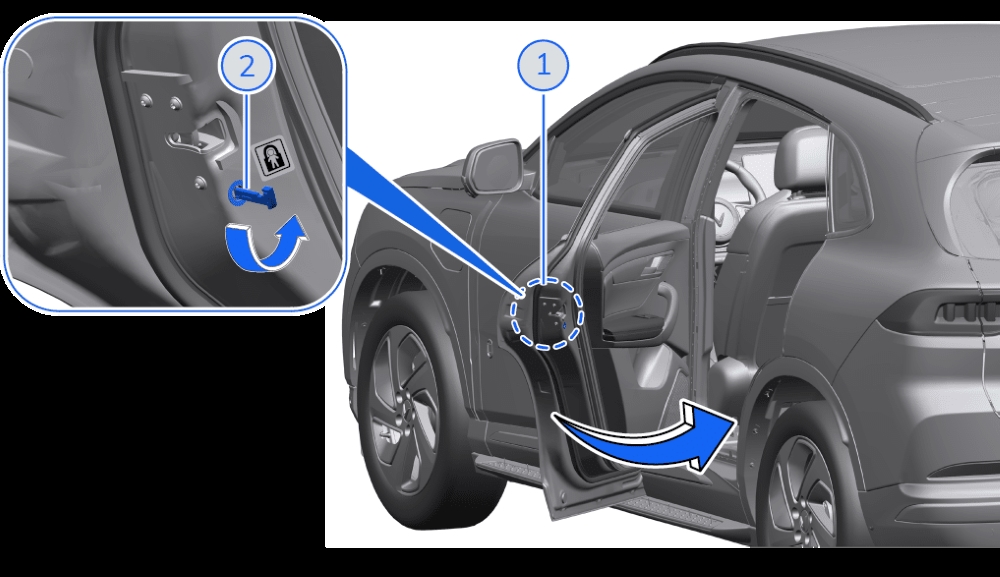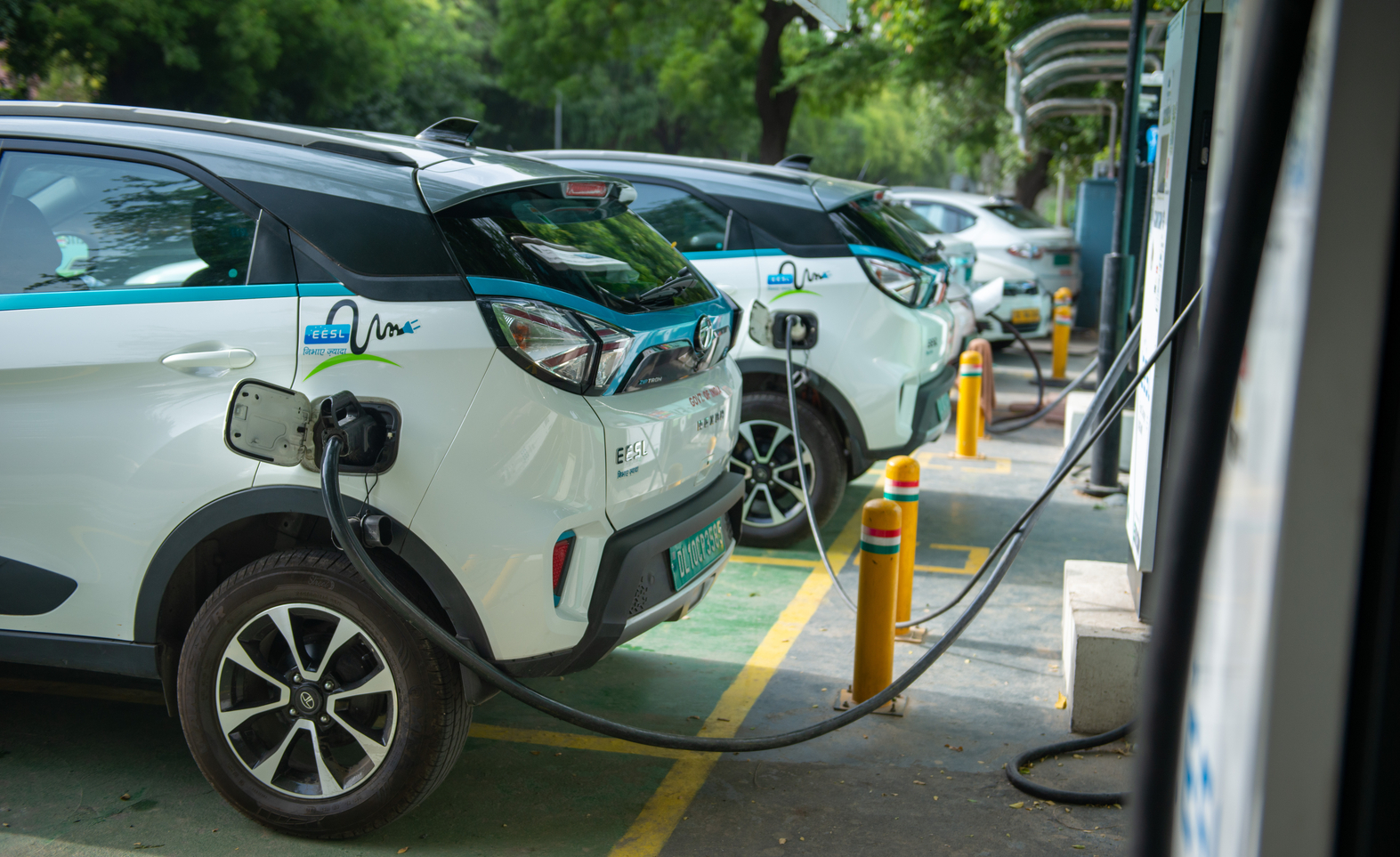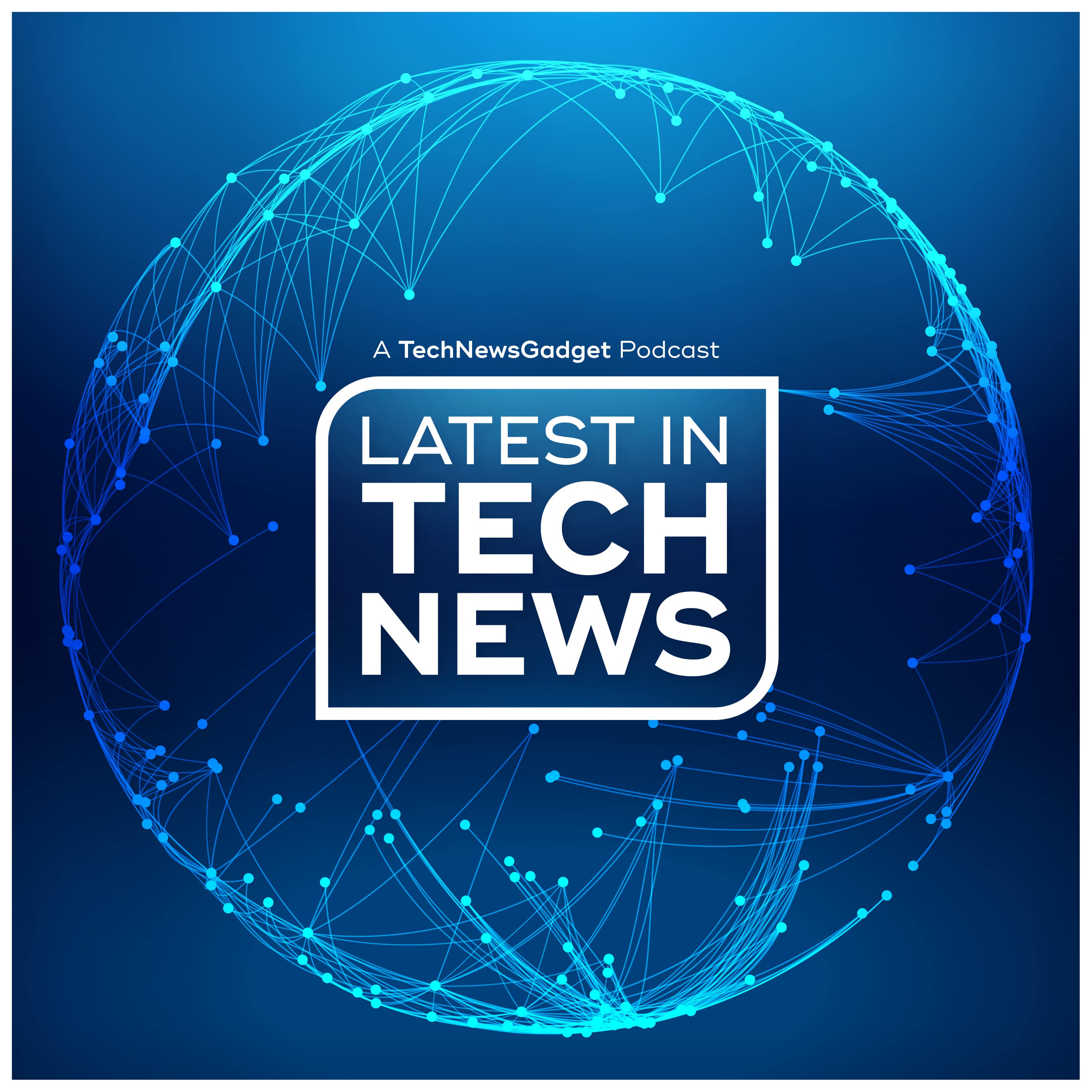The Future of Mobility: Innovations in Electric Vehicles and Sustainable Practices
As the global automotive industry embraces a transformative shift towards sustainability, Hyundai is set to unveil its first high-volume electric vehicle, the Creta EV, in 2025. Positioned as a pivotal player in India’s electric vehicle (EV) market, the Creta EV aims to cater to the growing demand for eco-friendly transportation while maintaining the beloved features of its internal combustion engine (ICE) counterpart.
Exciting new electric vehicle from Hyundai: Creta EV
Unveiling the Hyundai Creta EV
Recent leaks have provided a glimpse into the Creta EV’s interior, showcasing a stylish circular three-spoke steering wheel and seats adorned with “CRETA Electric” upholstery—symbols of modern electrification. While the dashboard retains much of the familiar design seen in ICE versions, it boasts cutting-edge technology, including a dual-screen setup featuring a 10.25-inch instrument cluster and infotainment system. The vehicle also promises advanced features such as dual-zone automatic climate control, ventilated front seats, and Hyundai’s BlueLink connected car technology, ensuring that comfort and connectivity remain at the forefront.
Design Innovations
The exterior design of the Creta EV exhibits subtle modifications aimed at reinforcing its electric identity. Key changes include a closed-off grille, reimagined bumpers, and distinctive new alloy wheels, all contributing to a sleek and modern aesthetic. These updates not only enhance its visual appeal but also improve aerodynamic performance, a critical consideration in electric vehicle engineering.
Powertrain and Performance
Under the hood, the Creta EV will be powered by a robust 45kWh battery, delivering 138bhp and 255Nm of torque. This powertrain configuration is expected to allow the vehicle to achieve an impressive estimated range of over 350 kilometers, addressing the common concerns surrounding EV range and making it a viable option for consumers.
Greener Alternatives: The Rise of Sustainable Plastics
While Hyundai is focused on transforming transportation, the larger conversation about sustainability encompasses various sectors. Notably, Israeli startup UBQ Materials has recently made headlines by receiving a €5 million grant from the European Commission’s Just Transition Fund (JTF). This grant is part of the EU’s effort to mitigate the socioeconomic repercussions associated with the transition to climate neutrality by fostering economic diversification and innovation.
Innovations in sustainable plastic alternatives
UBQ Materials is pioneering a technology that converts household waste into bio-based plastic substitutes, significantly reducing landfill contributions. Their facility in the Netherlands can transform 104,600 tons of municipal solid waste into 80,000 tons of valuable thermoplastic composite each year. Finance Manager Gerwin Drent expressed excitement about the opportunities this grant opens, remarking:
“This funding will enable us to accelerate the adoption of solutions that maintain or lower the facility’s energy usage while increasing output.”
Epic Battles in Technology: The Epic Games vs. Google and Samsung Saga
In a parallel narrative unfolding in the realm of technology, Epic Games, the creator of the immensely popular game Fortnite, is pursuing legal action against tech giants Google and Samsung. Announced recently, this lawsuit aims to address perceived anti-competitive practices on Samsung devices, where a feature known as Auto Blocker allegedly inhibits competition by complicating the installation of third-party app stores.
Epic Games continues its battle for open app ecosystems
Epic’s CEO Tim Sweeney stated, “This is a major global fight, which is ultimately for the right of consumers to get all the benefits of competition.” The new litigation, filed in a federal court in California, comes on the heels of an earlier legal victory for Epic against Google, where the jury found Google’s app-store practices to be illegal.
A Shift Towards Fair Competition
The crux of Epic’s complaint lies in the contention that Samsung’s Auto Blocker feature, which was recently changed from an opt-in setting to a default one, hinders users from navigating the installation of apps outside the Google Play Store. This maneuver not only reinforces Google’s alleged monopoly but also violates the court’s earlier ruling against the tech giant’s restrictive practices.
As global scrutiny of big tech companies’ market power intensifies, recent legislation across Europe, Japan, and South Korea aims to address these monopolistic behaviors, pushing for greater fairness in digital marketplaces.
Conclusion
The intersections of electric vehicles, sustainable materials, and competitive digital ecosystems reveal a multi-faceted landscape in the tech and automotive industries. With innovations like the Hyundai Creta EV set to debut, alongside breakthroughs in bio-based plastics from startups like UBQ, and ongoing legal battles led by companies such as Epic Games, we witness a transformative era where sustainability and competition are paramount. As stakeholders navigate these challenges and opportunities, the outcomes will shape not only individual sectors but the future of innovation itself.
Stay informed on all the latest news to keep abreast of these developments, and join us in exploring the world of sustainable technologies and competitive practices reshaping the future.
Exploring the fusion of technology and sustainability
Tags
- Electric Vehicles
- Hyundai Creta EV
- Sustainable Technology
- UBQ Materials
- Epic Games
- Competition Law
- GreenTech
Article Summary
This article explores the intersection of electric vehicles, sustainable materials, and competitive digital ecosystems, focusing on Hyundai’s upcoming Creta EV, UBQ Materials’ innovative waste-to-plastic technology, and Epic Games’ legal battle against Google and Samsung.


 Photo by
Photo by 











